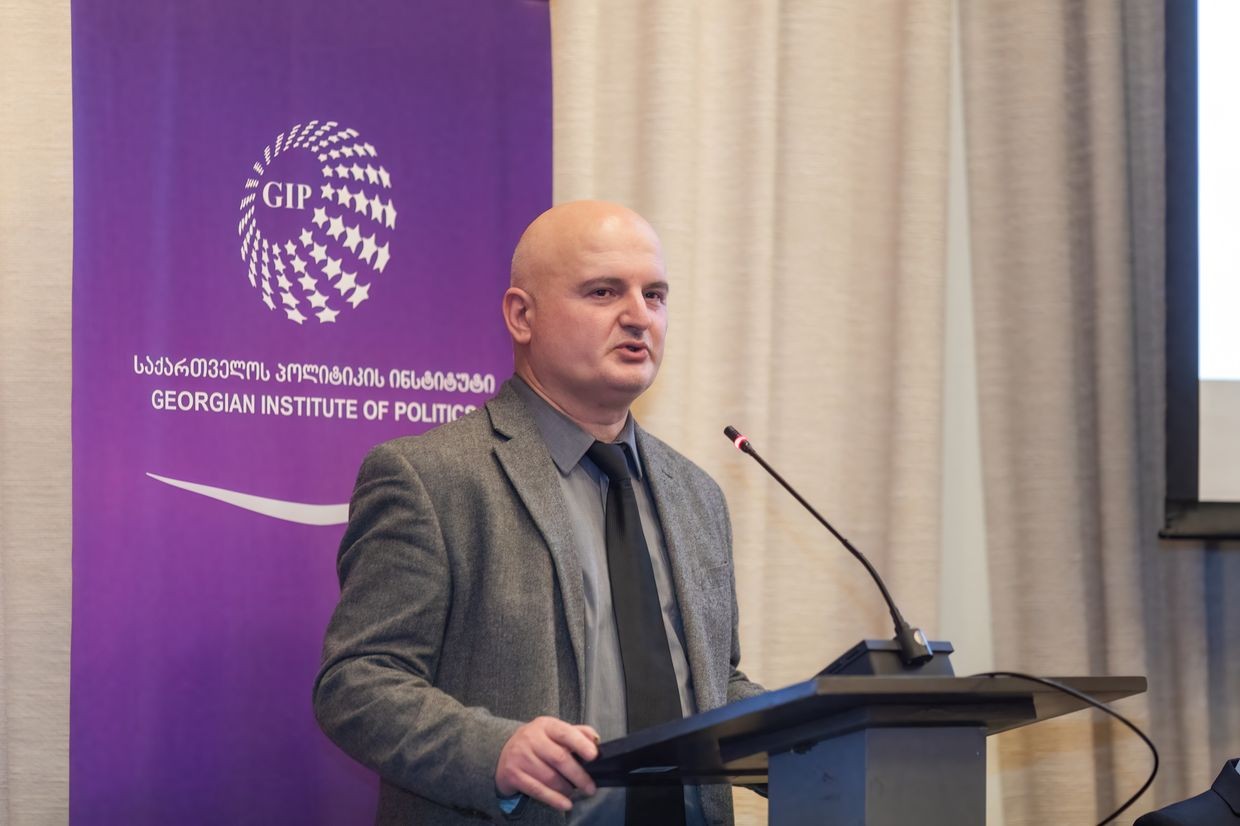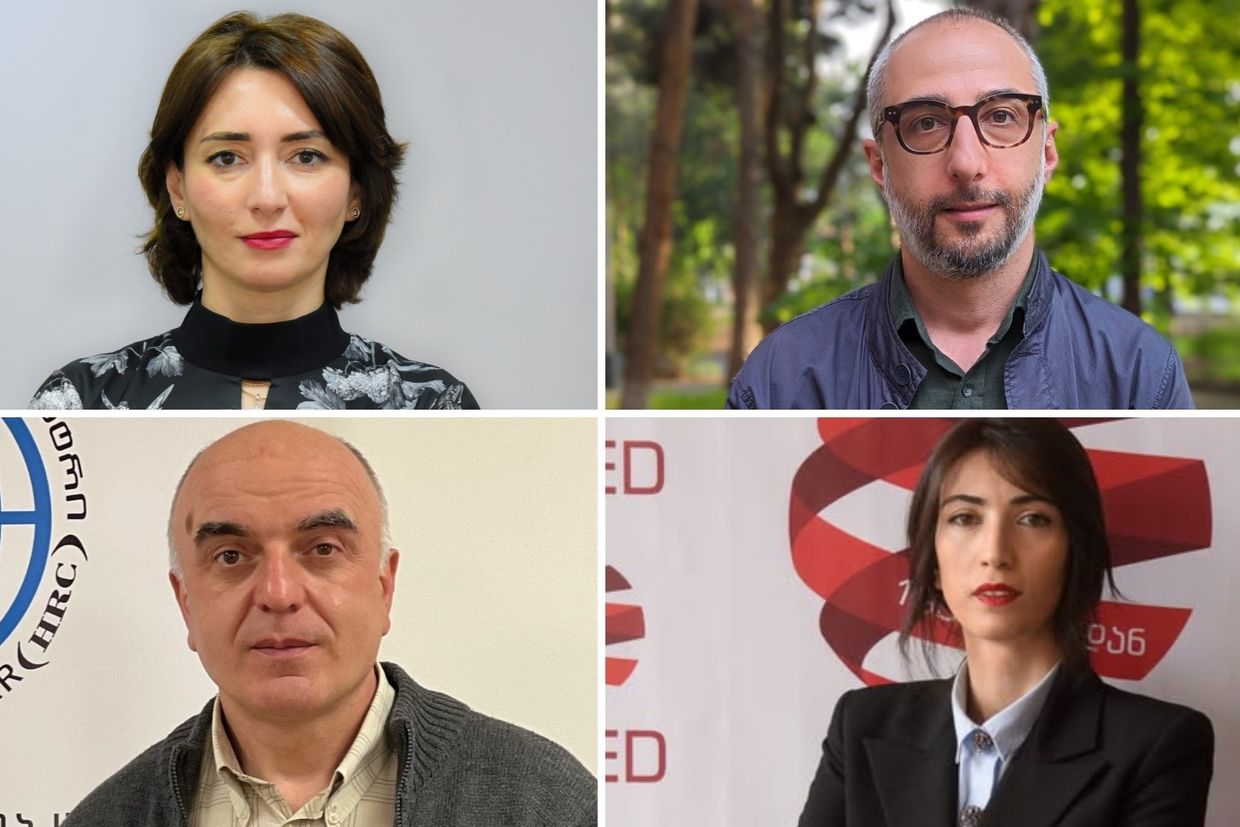
The Georgian Institute of Politics (GIP) has announced it was ‘indefinitely’ suspending its operations earlier in October, citing ‘current political circumstances’.
The institute, which has conducted research and analysis concerning Georgia and the wider region for 14 years, announced its decision on 2 October against the backdrop of the ruling Georgian Dream party’s targeting of civil society through restrictive laws.
‘We extend our sincere gratitude to all our partners, donors, and friends for their continued support and commitment over the years’, GIP said in its farewell social media post on 2 October.
The organisation’s director, political science professor Kornely Kakachia, later told Civil.ge, GIP’s decision was driven not only by the growing difficulty of operating under restrictive laws but also by the country’s broader trajectory.
‘You cannot fulfill the mission for which you founded it — to help the country’s democratic progress and EU integration’, he said, adding that ‘there is no place for think tanks under these circumstances’.
A similar announcement was made on 3 October by the Solidarity Community, an organisation founded in 2021 by young activists to raise awareness about Georgia’s Muslim community.
‘Due to the repressive policies of Georgian Dream, Solidarity Community is suspending its work for an indefinite period’, the group said, adding that its team would continue ‘the struggle for democracy in Georgia’.
Georgian Dream’s campaign against civil society
The Georgian government’s policy toward civil society and independent media organisations has become particularly hostile over the past two years.
The adoption of restrictive legislation in particular has accelerated over the past eight months, against the backdrop of anti-government demonstrations, the first phase of which saw heavy clashes and brutal police violence against protesters and journalists.
Among the adopted laws was the Foreign Agent Registration Act (FARA) and legislative amendments that banned the receipt of foreign grants without government approval. Since June, Georgia’s Anti-Corruption Bureau has launched several probes into NGOs under both of these topics.
Civil society organisations have also been targeted by the Prosecutor General’s Office, which successfully requested the freezing of bank accounts of seven Georgian organisations, while their heads — along with other civil sector representatives — have been summoned for questioning.
Georgian Dream has repeatedly claimed that these measures were necessary to fight the ‘influence of external powers’. Nonetheless, critics of the ruling party have insisted that the state actions aim to undermine civil society and independent media in an already fragile democracy.











